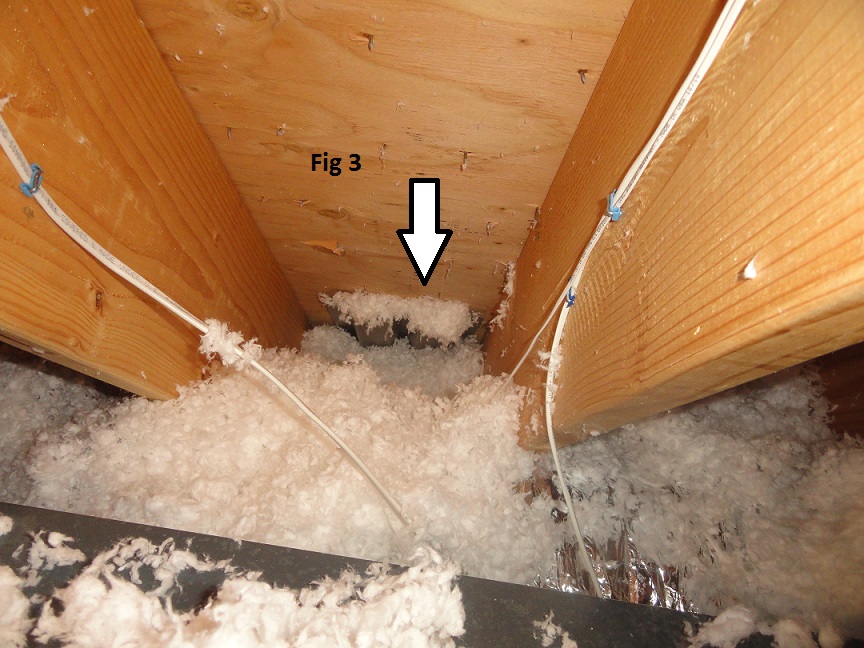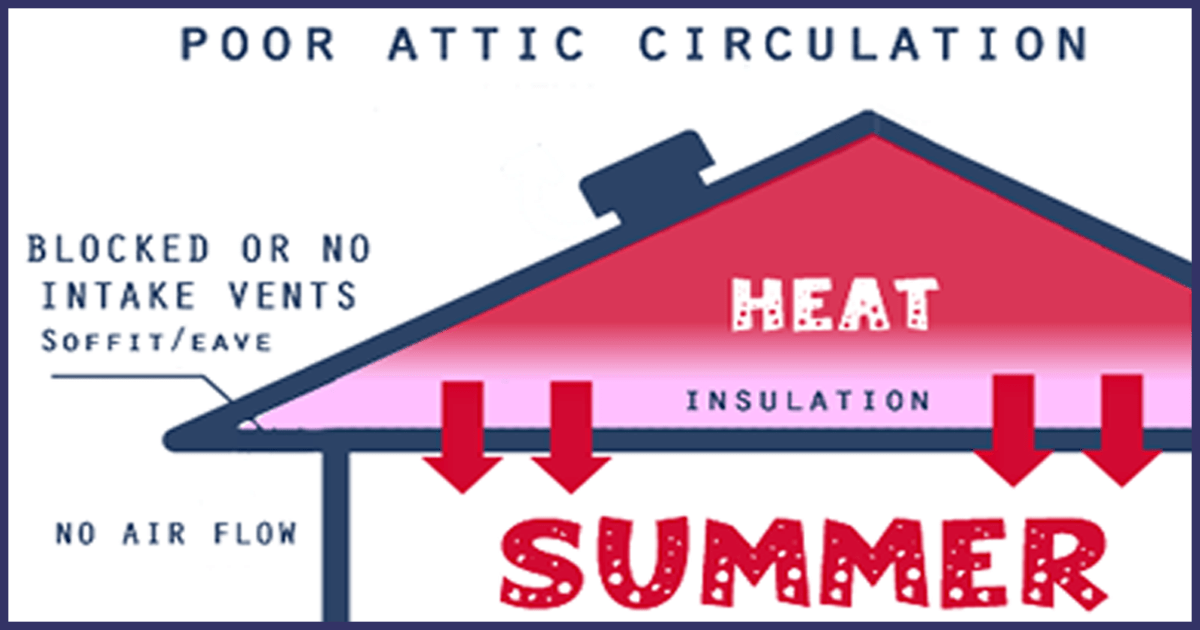Blocking Attic Vents In Winter

Don t avoid ventilating your attic for fear you re letting cold air into the house.
Blocking attic vents in winter. If you use the older style of roof vent to provide air circulation then you must install traps or blockage points that prevent them from nesting in your attic s insulation. Measure the height and width of the. Roof vents allow air to circulate through your attic and exit your home. In the winter the vents will cause the attic to become cold but this should not damage your home or increase the energy use of your home so covering the roof vents is not necessary.
A hard wire runs directly from the. Adding a ridge vent is a fine idea and don t worry about it competing with the gable vents. Remove the grate from the attic fan. In some older buildings in an attempt to warm up a cold attic someone may have installed wood blocking between the rafters at the building eaves.
Deliberate blocking at eaves. Turn off the electricity to attic fan by unplugging or by disconnecting the hard wire from the junction box. Squirrels rats raccoons and other pests all love to try getting into your home whenever there is a point of access. If there are asphalt shingles on your roof the attic must be ventilated to comply with the terms of the.
Set the grate aside. Remove this blocking when designing good attic venting. Obviously more research is needed but here s what we do know. For years i ve been trying different schemes to block the cold drafts from my home s air conditioning vents.
It may be necessary to clear your roof vents after heavy winter precipitation. They can help stop and prevent ice dams as well. If the gable vents aren t letting in rain or snow leave them alone. Poor insulation is usually the culprit although if you enter the attic on sunny winter day your attic space can be warmed by the sun more than your furnace.
They are essentially holes right into the unheated attic immediately above since this is a 1950s ranch style house. Blocking the vents can even harm your home by trapping moisture inside the attic. Rodents can t get into your attic through roof ridge vents. Seal air leaks in your attic floor so that roof venting doesn t suck conditioned air into the attic and cause moisture problems.
How to close an attic vent during the winter. Block winter drafts from home air conditioning vents. Your attic vents also do more for your roof than merely preventing it from becoming overheated in the winter. Your actual living space is sealed.
Unless your roofing system has insulation on the roofing deck and is designed without ventilation your furnace should not be heating your attic.














































